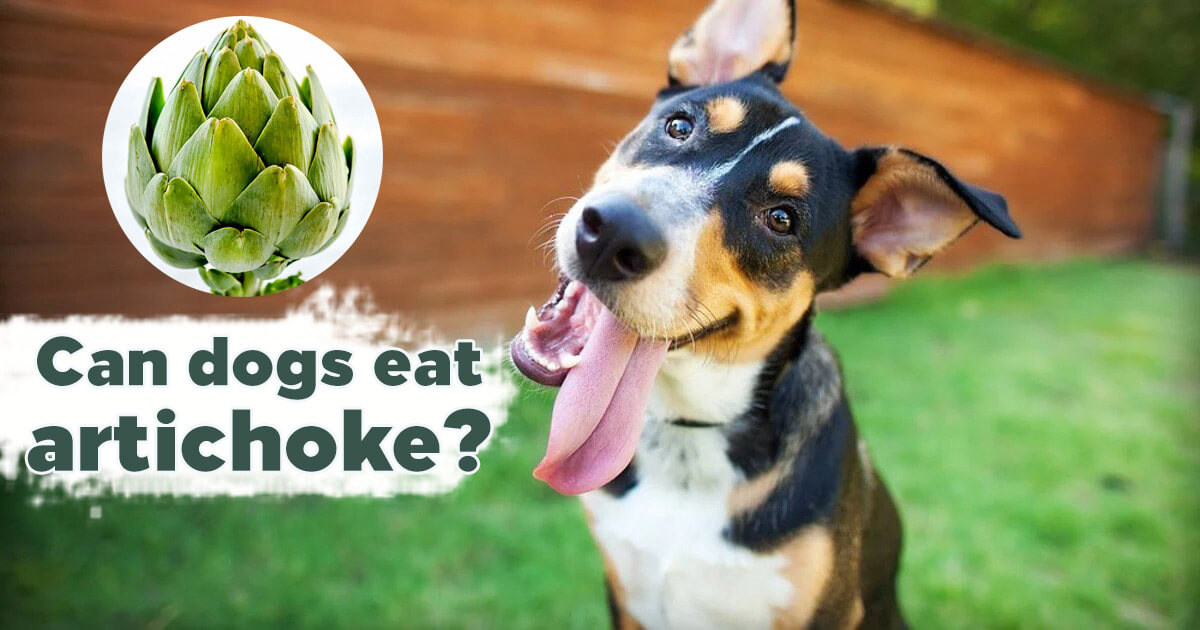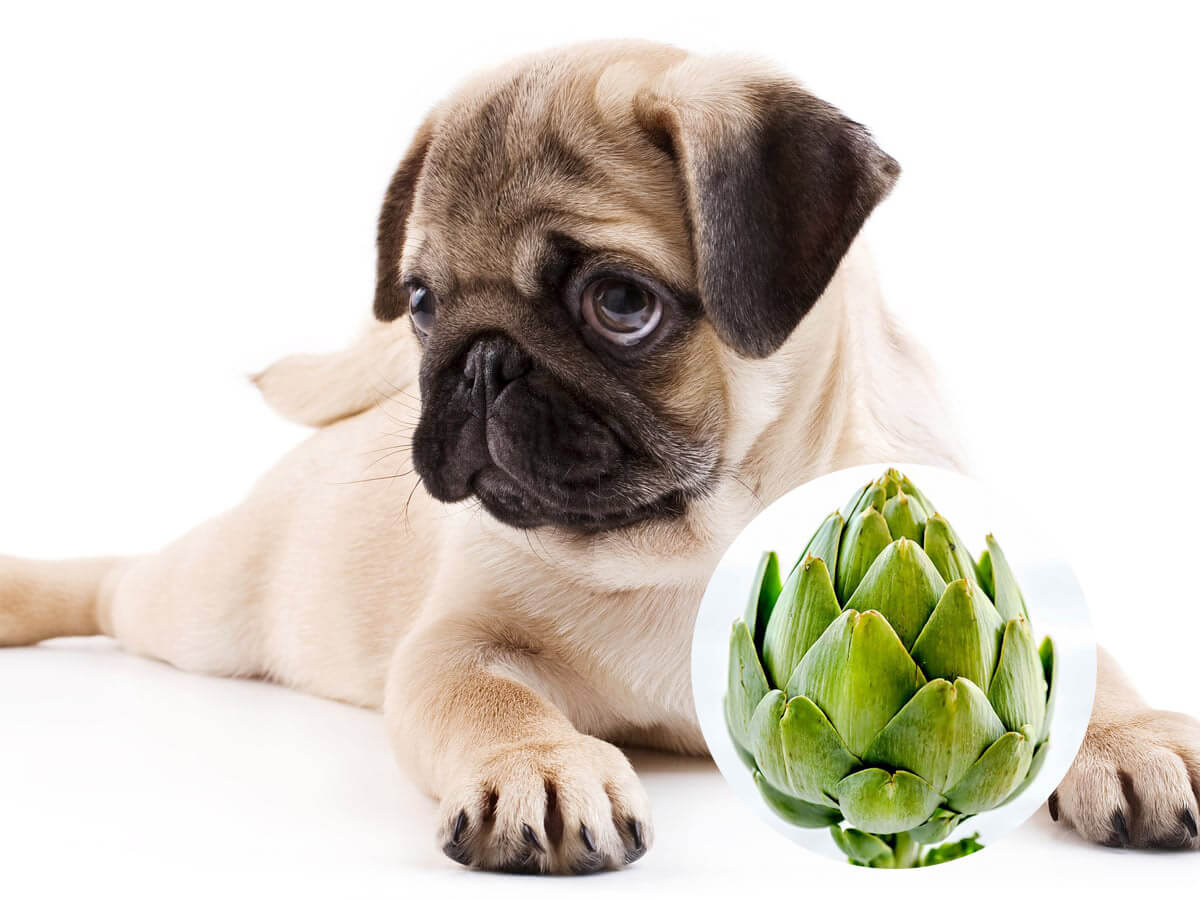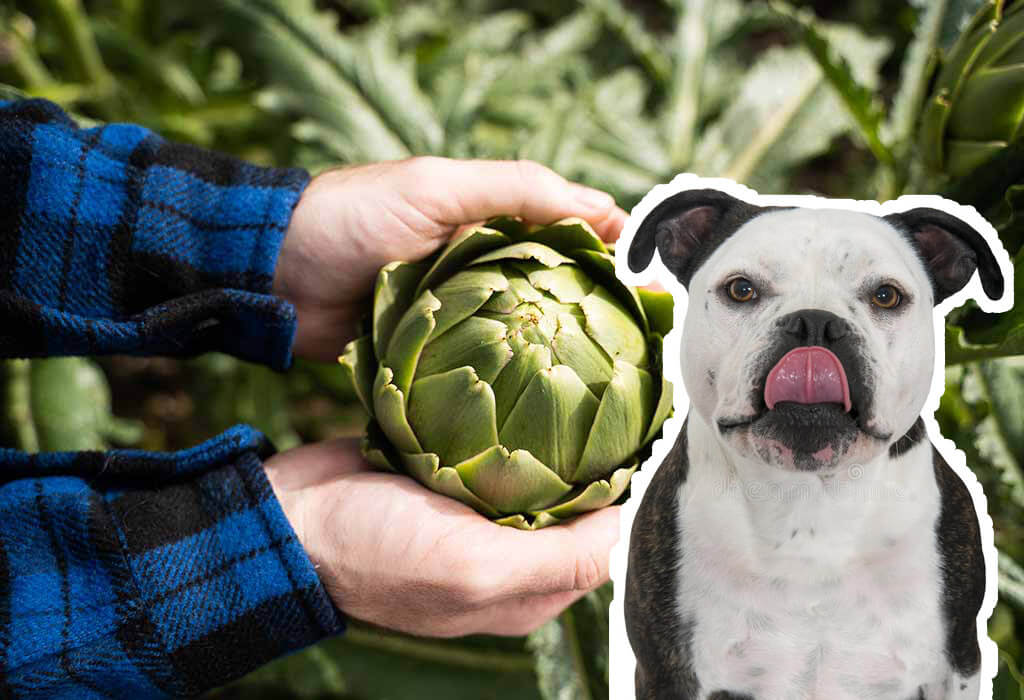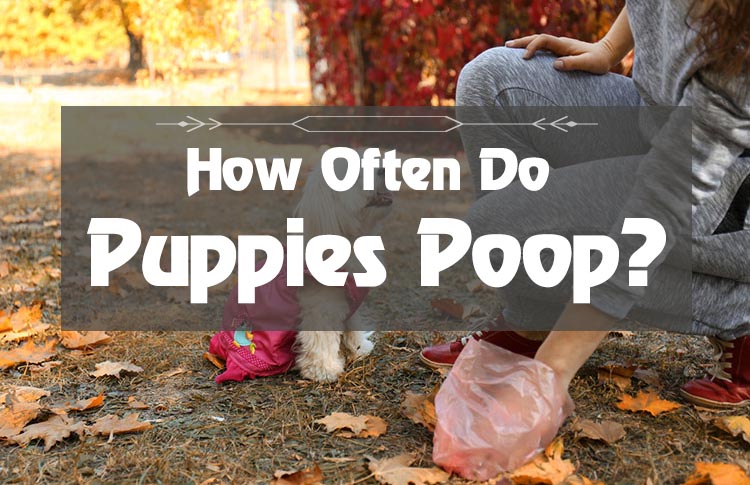Artichokes are a delicious vegetable packed with vitamins, minerals, and other nutrients like fiber. Although they look a bit raw and ugly, they are all very easy to cook and easy to eat! Artichoke hearts are also packaged in cans and jars, which are more common when purchased originally.

So your dog can eat artichokes?
Well, the answer is edible, but eat in moderation and you have to do it right. Don’t let vegetables be a danger to your dog.
The first is how to know if your dog likes or dislikes eating artichokes
Try giving your dog a taste of it first, then you’ll know the results very quickly whether they like it or not. There are many types of dogs so their preferences will also be different, some dogs will like this vegetable but others will not.
If you give your dog a piece of artichoke or a vegetable that he eats quickly, it shows he likes the vegetable. You’ll also see your dog swaddled around, licking your paws and hands, and pounced on you with lustful eyes.

On the other hand, if your dog doesn’t like to eat then when you give them a piece, they will pretend to chew it and spit it out quickly, or they will smell it and not eat. Moreover, they play with food and treat it as a toy.
So where does artichoke come from?
Artichoke (scientific name: Cynara scolymus) is a thorny perennial plant native to Southern Europe (grown around the Mediterranean) that was cultivated by the Ancient Greeks and Romans for its flowers as a vegetable. Artichokes were first planted around Naples in the mid-15th century. It was introduced to France by Catherine de Medici in the 16th century, and then by the Dutch to England. Artichokes continued to be brought to America in the 19th century by immigrants: Louisiana by the French and California by the Spaniards. Today, it is grown mainly in France, Italy and Spain, USA and Latin American countries.

Thousands of years ago, dogs were not allowed to taste artichokes, but now they are eaten a lot because artichokes are cheap and sold in different small and large supermarkets.
What nutrients are in artichokes?
It is very safe and healthy for your dog. Dogs can eat the whole thing from the stem, leaves to the heart. Artichokes have a very high content of antioxidants that can eliminate harmful substances in the body. In addition, it is also high in folate, fiber, niacin and potassium, which are essential nutrients for your dog’s health. The fiber in this vegetable can help dogs have a good digestive system when they have digestive problems such as loose stools or constipation. This type of food is also very low in calories and fat, so it can be used as a substitute for other processed foods.
What will happen if your dog eats too much artichokes?
Just because all artichokes are non-poisonous doesn’t mean you’ll be feeding your dog a lot, uncontrollably. Like any other food, they have 2 sides so you should not overfeed them and eat them often.
If you feed them too much, your dog may experience vomiting, diarrhea or an upset stomach because they haven’t eaten much of this before, so the digestive system may not adapt in time.
How to prepare artichokes for your dog?
We can prepare it in two ways, raw or cooked. If you cook, boiled artichokes are the best choice because they don’t need seasonings like grease or butter. You should also avoid adding seasonings, such as salt, pepper, or onions as these are dangerous ingredients for your dog.

With that said, it’s best to feed your dog raw artichokes because it’s full of undiluted or processed whole nutrients so your dog will get all the nutrients. In addition, you should cut it into small pieces for easy chewing and digestion. Or you can mix them with cakes for a change of flavor.
can dogs eat canned artichokes?
The advice is that you should not buy canned, processed foods in supermarkets because when processing, there will be spices that are not good for the dog’s health such as garlic, onions, salt or oil
In short, artichokes are very safe and good for the health of dogs, but they should not be fed this food through many times of processing because there will be many spices that are not good for health. You should only feed them a moderate amount or treat them once in a while.



